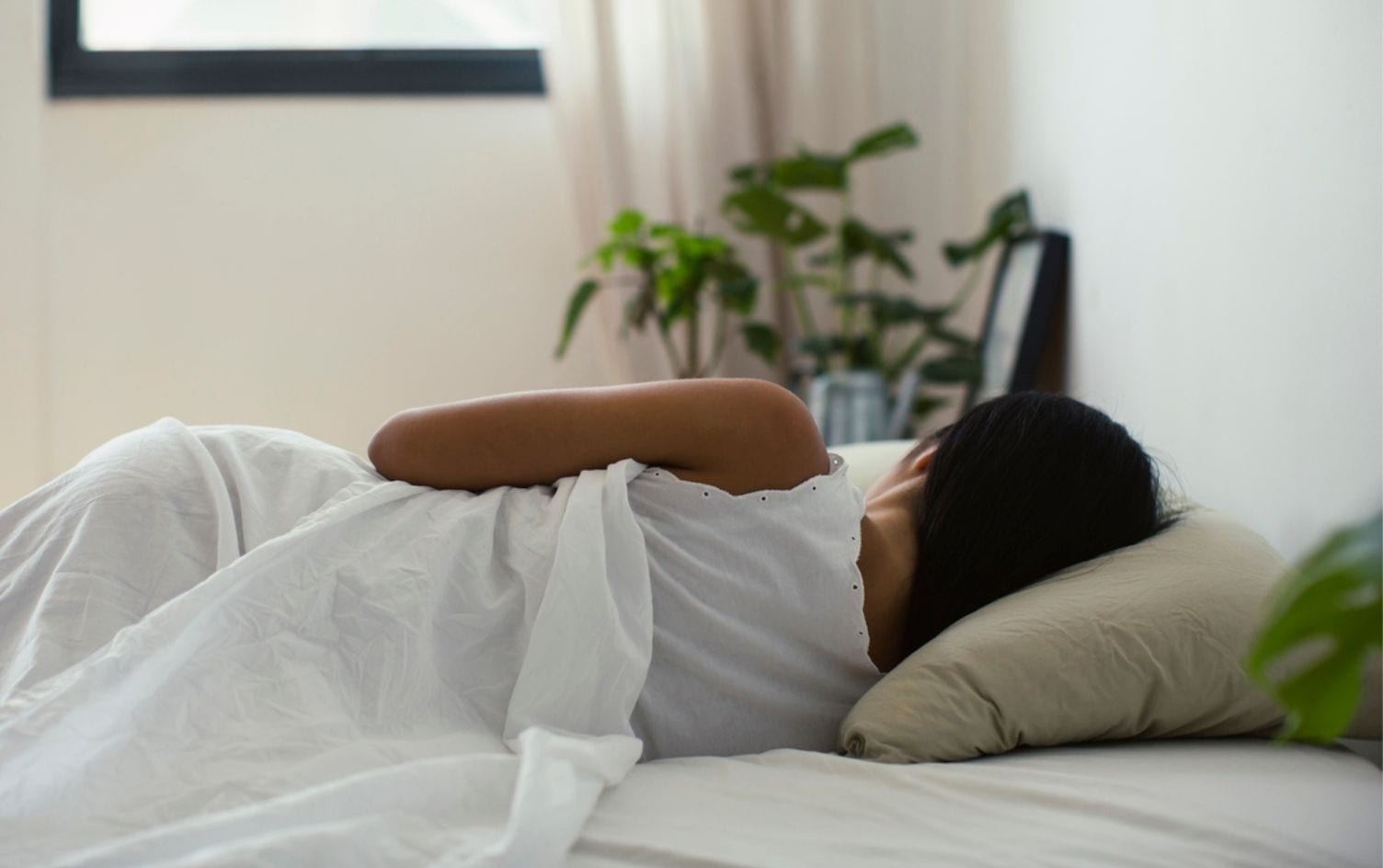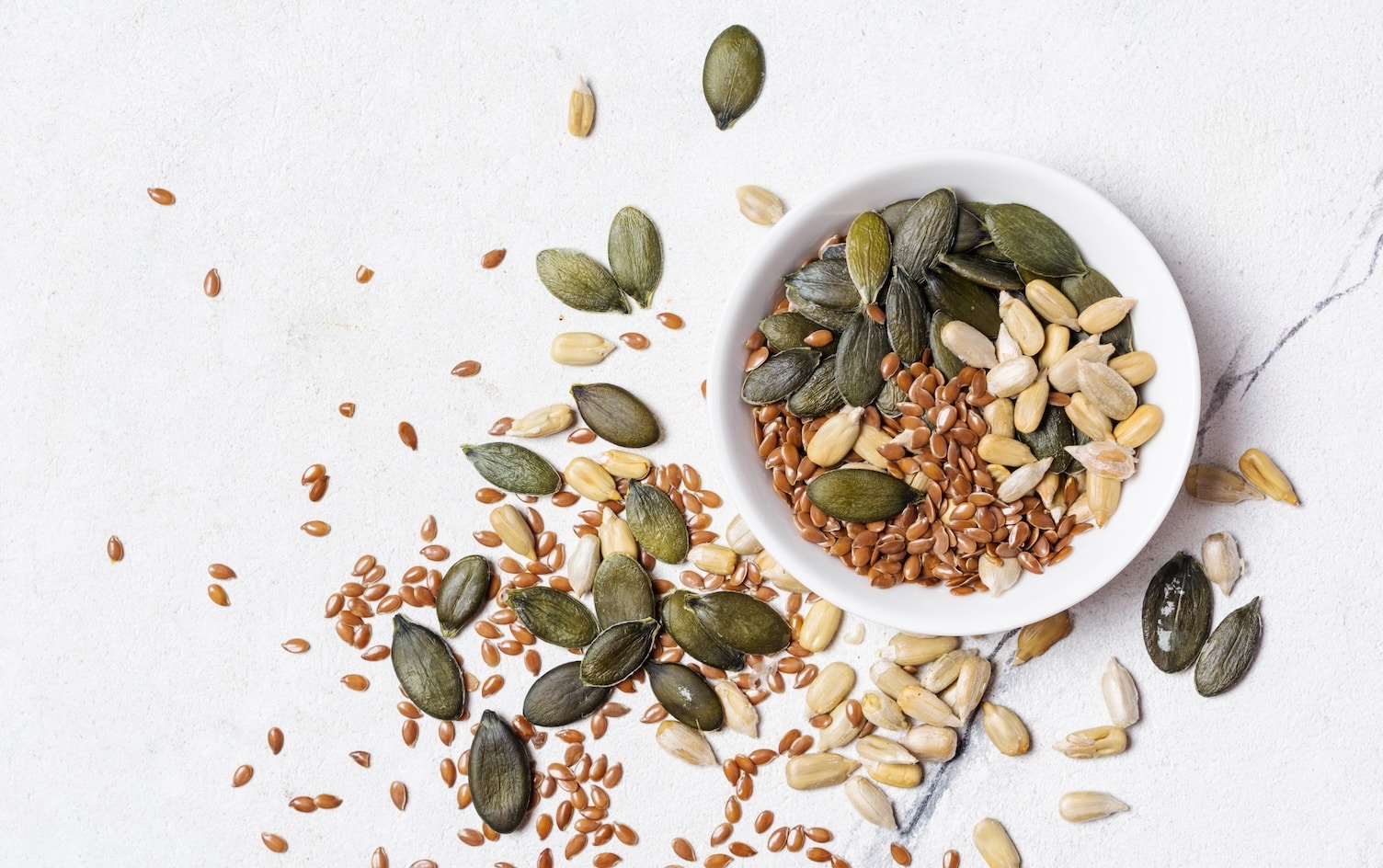For some, to-do lists can feel a tad overwhelming. Especially when you make them at the beginning of what looks like a busy workday. But have you ever thought about making a pre-bed to-do list? Stick with us here: Doing the right things in the hour before bedtime can make all the difference in how well you sleep. That’s right: Sleep quality can be drastically impacted by your pre-bedtime ritual.
That’s important because sleep quality (often referred to as your sleep hygiene) makes a major difference. Research has shown better — not necessarily longer — sleep is associated with myriad superior cognitive functions, including better learning, memory and mood. Plus, high-quality sleep is linked to lower blood sugar and better weight management.
We connected with sleep experts to get the top things you should do in the hour leading up to sleep.
ENJOY A WIND-DOWN ACTIVITY
This can be a calming thing to look forward to, whether it’s reading a book, rinsing off in a lukewarm shower, or simply writing down some things you’re grateful for from the past 24 hours. “Think about what activities help you wind down or make you more alert and keep those that help you wind down closer to bedtime,” advises Frida Rångtell, PhD, sleep expert at Sleep Cycle. “For those that make you more alert, consider if they are necessary in your evening routine and, if they are, schedule them as early as possible to reduce the risk of them interfering with bedtime.”
SET ASIDE JUDGEMENT
Maybe it’s one of those days when you’re not making your way to bed as soon as you’d like. Instead of focusing on how little sleep you may get and worrying about the situation, think positive thoughts. “Soothe negative thoughts about sleep by understanding that you will be OK if you don’t sleep well that night,” says Annie Miller, LCSW. “Before bedtime, try to redirect your mind to other, more positive things.”
TAKE A WARM BATH OR SHOWER
About an hour before bed is a great time to wash away the stress of the day, according to one research analysis published in Sleep Medicine Reviews. Experts found either a warm bath or shower pre-sleep can improve sleep quality and help a person fall asleep. Just make sure not to do it too close to shuteye, as your body temperature needs time to return to normal. Aim for exactly one hour (or a little more) before lights out.
AVOID DOOMSCROLLING
Avoid things that can potentially increase stress, worry or strong emotions, which could include everything from social media to emails. “When we use social media or check the news, we don’t know what we will be exposed to and which emotions it will give rise to, and it’s easy to get stuck for too long,” says Rångtell. “Think twice before you just check your work email one last time before bedtime, and consider avoiding screens altogether at this part of the day.”
PREPARE YOUR SLEEP SPACE
You want to make sure your bed is used only for sleep, and it’s ready for you when you decide to hop in. Maybe that’s taking off a few pillows or swapping out a blanket that will make you most comfortable for the day’s temperature inside your home, depending on the season. “When you create a conditioned response that the bed is only used for sleep, it allows your brain to create an association between bed and sleep,” says Miller. “So, avoid reading in bed, watching TV in bed, and even snoozing your alarm in bed for too long in the morning.”
READ MORE > 7 SLEEP TRENDS WORTH TRYING
AVOID EATING AND DRINKING
When we eat or drink too close to bedtime, that gives our body something else to focus on when it should be shifting into a snooze state. According to research, eating before bed can also be tied to metabolic syndrome, which includes high body fat and blood pressure, which can increase your likelihood of developing Type 2 diabetes or heart disease.
Especially when it comes to alcohol or a nightly glass of wine, which may help you get to bed but disrupts your REM cycle as the hours linger, lessening your sleep quality. The more time you can put between your drinks and your head hitting the pillow, the better.
PRACTICE MAKES PERFECT
Remember: Relaxation does not always come automatically. Give yourself time to learn how to relax the mind and handle your emotions. “For instance using mindfulness, relaxation techniques and scheduling time for reflection can all be great,” says Rångtell. “Be gentle with your bedtime buffer zone, and allow yourself some time to get used to your new routine.”
Originally published January 2021, updated February 2022
Ready to take the next step? Unlock MyFitnessPal Premium to access custom goal settings, quick-log recipes, and guided plans from a registered dietitian. Premium users are 65% more likely to reach their weight loss goals!




